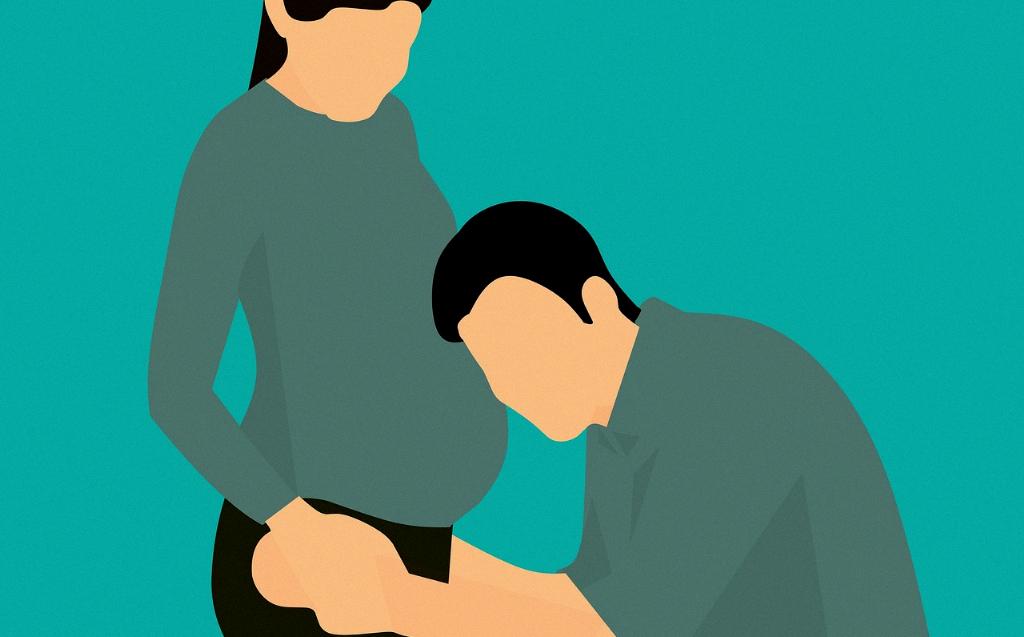When it comes to the question of whether a pregnant woman can have the MMR vaccine, there are critical factors to take into consideration. It is essential that any woman intending to become pregnant ensures they have received the recommended two doses of the MMR vaccine, ideally at least a month before conception. This is crucial for both the health of the mother and the unborn child.
However, once a woman is already pregnant, it is not advisable for her to receive the MMR vaccine. This is because the MMR vaccine is a live attenuated vaccine, containing weakened forms of the measles, mumps, and rubella viruses. As a precautionary measure, the MMR vaccine is contraindicated during pregnancy due to potential risks to the developing fetus.
Pregnant women who contract measles are at a heightened risk of experiencing severe complications that can adversely affect both their own health and the well-being of the baby. Measles infection during pregnancy has been linked to an increased risk of miscarriage, stillbirth, and premature delivery. The potential consequences of measles infection highlight the importance of pre-pregnancy vaccination with the MMR vaccine.
It is crucial for pregnant women to prioritize their health and that of their unborn child by taking necessary precautions to prevent vaccine-preventable diseases. While the MMR vaccine is not recommended during pregnancy, women should consult with their healthcare provider to ensure they are up to date on all necessary vaccinations before conceiving.
Ensuring that women of childbearing age are adequately protected against measles, mumps, and rubella is essential for preventing the spread of these infectious diseases. Vaccination not only protects the individual but also contributes to community immunity, reducing the risk of outbreaks that can pose a threat to vulnerable populations, including pregnant women and infants.
For pregnant women who may have been inadvertently exposed to measles or who are unsure of their vaccination status, it is important to seek guidance from a healthcare professional. In such cases, healthcare providers can conduct appropriate testing to determine immunity levels and provide necessary care and monitoring to safeguard the health of both the mother and the developing fetus.
The decision to vaccinate during pregnancy must be made based on the individual circumstances and the latest recommendations from healthcare authorities. It is essential for pregnant women to stay informed about immunization guidelines and to follow the advice of healthcare providers regarding vaccination timing and safety.
While the MMR vaccine is not administered during pregnancy, postpartum vaccination can be recommended to ensure that women are protected from measles, mumps, and rubella in subsequent pregnancies. By receiving the MMR vaccine after giving birth, women can help prevent the transmission of these diseases to newborns and promote their own immunity.
Overall, the importance of vaccination in safeguarding maternal and fetal health cannot be overstated. Pregnant women should discuss their vaccination history and any concerns they may have with their healthcare providers to ensure they are appropriately protected against vaccine-preventable diseases before, during, and after pregnancy.
In conclusion, while pregnant women should not receive the MMR vaccine, preconception vaccination and postpartum vaccination play vital roles in protecting maternal and fetal health. By staying informed and working closely with healthcare providers, women can take proactive steps to reduce the risk of infectious disease complications during pregnancy and beyond.

